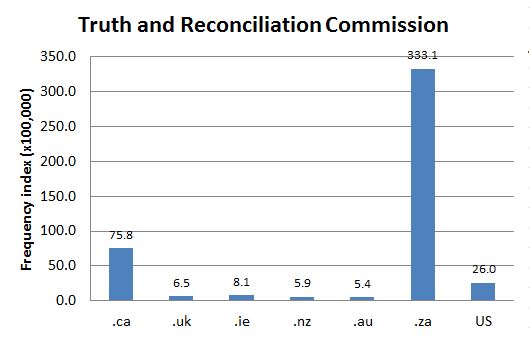DCHP-2
Truth and Reconciliation Commission DCHP-2 (November 2016)
n. — originally Politics
the commission whose mandate it was to uncover the full truth about residential schools as a first step towards reconciliation.
Type: 4. Culturally Significant — When the last Indian residential school closed in 1996, allegations by former students of violence, abuse, neglect and mistreatment had already begun to surface. As residential schools were government-funded and run by religious institutions, many survivors launched individual lawsuits against the federal government and several church organizations. These cases led to the creation of the Indian Residential School Settlement Agreement. As part of this agreement, $60 million was set aside for the creation of a Truth and Reconciliation Commission (TRC), with a five year mandate ending in 2015 to collect testimonies from all those involved in and affected by the residential school system. The goals of the TRC, among others, were to prepare a complete historical record surrounding residential schools and to establish a national research centre that will continue to educate Canadians about the legacy of residential schools. The overarching purpose is to allow for and facilitate the process of reconciliation between those affected by residential schools and those responsible for them (see TRC reference).
The term Truth and Reconciliation Commission is not unique to Canada. It has been used in multiple contexts, including in post-dictatorship Chile in the early 1990s, and, perhaps most prominently in the global context, in post-apartheid South Africa.
The TRC method is a form of transitional justice that is "focussed on the future while it reviews the past" (Walker 2009: 3). It is a non-traditional method of pursuing justice that is employed after a long period of human rights abuses that affect a large number of individuals and groups, making traditional court-justice procedures difficult, long, and cost-prohibitive for the victims (Walker 2009: 3). One of the first, and certainly the most famous, Truth and Reconciliation Commission is the one that took place in post-apartheid South Africa (see evidence of the prevalence of the term in South Africa in Chart 1).See also: residential school residential school survivor reconciliation week reconciliation
- The references to the TRC in South Africa (see Chart 1) are most likely to that country's TRC.
References:
- TRC "About Us" Accessed 28 Aug. 2013
- Walker (2009)
Images:
Chart 1: Internet Domain Search, 22 Jun. 2016
